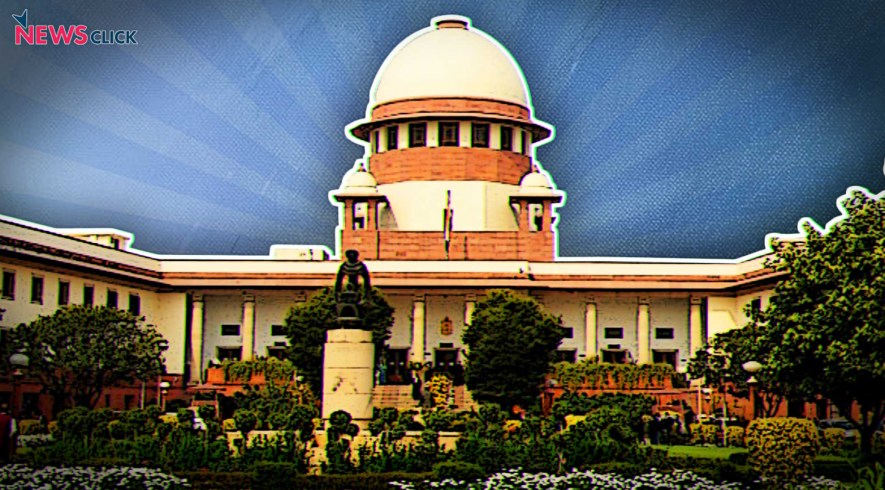Plea in SC Against Automatic Disqualification Upon Conviction of 2 Years

New Delhi: A plea has been filed in the Supreme Court challenging the 'automatic disqualification of representatives of elected legislative bodies, upon being convicted of any offence and sentenced to imprisonment for not less than two years as per Section 8 (3) of the Representatives of the People Act, 1951 (1951 Act).'
Aabha Muralidharan, a Kerala-based social activist who has filed the plea, told PTI that Rahul Gandhi's disqualification as a member of Parliament from the Wayanad Lok Sabha constituency prompted her decision.
Gandhi was convicted by a court in Gujarat's Surat in a 2019 criminal defamation case. After Gandhi's conviction, he was disqualified from the Lok Sabha on March 24.
Announcing his disqualification, the Lok Sabha Secretariat said it would be effective from March 23, the day of Gandhi's conviction.
Muralidharan has claimed that the automatic disqualification restrains elected representatives from "freely discharging their duties cast upon by the voters of their respective constituencies, which is against the principles of democracy."
"The present scenario provides a blanket disqualification, irrespective of the nature, gravity and seriousness of the offences, allegedly against the concerned member, and provides for an 'automatic' disqualification, which is against the principles of natural justice since various convictions are reversed at the appellate stage and under such circumstances, the valuable time of a member, who is discharging his duties towards the public at large, shall be rendered futile," the plea, filed through advocate Deepak Prakash, said.
Furthermore, the plea holds that Section 8 (3) of the 1951 Act contradicts Section 8 (1), Section 8A, 9, 9A, 10, 10A, and 11 of the 1951 Act. This is because of the automatic blanket disqualification aspect of Section 8 (3), merely based on the quantum of sentencing and imprisonment. In contrast, Section 8 (1) of the 1951 Act "clearly categorises the offences, keeping in view the nature of offences."
The plea further notes that the Code for Criminal Procedure, 1973 (CrPC) categorises offences as bailable, non-bailable, cognisable and non-cognisable. Hence, the grounds for disqualification must specify the nature of the offences.
Get the latest reports & analysis with people's perspective on Protests, movements & deep analytical videos, discussions of the current affairs in your Telegram app. Subscribe to NewsClick's Telegram channel & get Real-Time updates on stories, as they get published on our website.
























